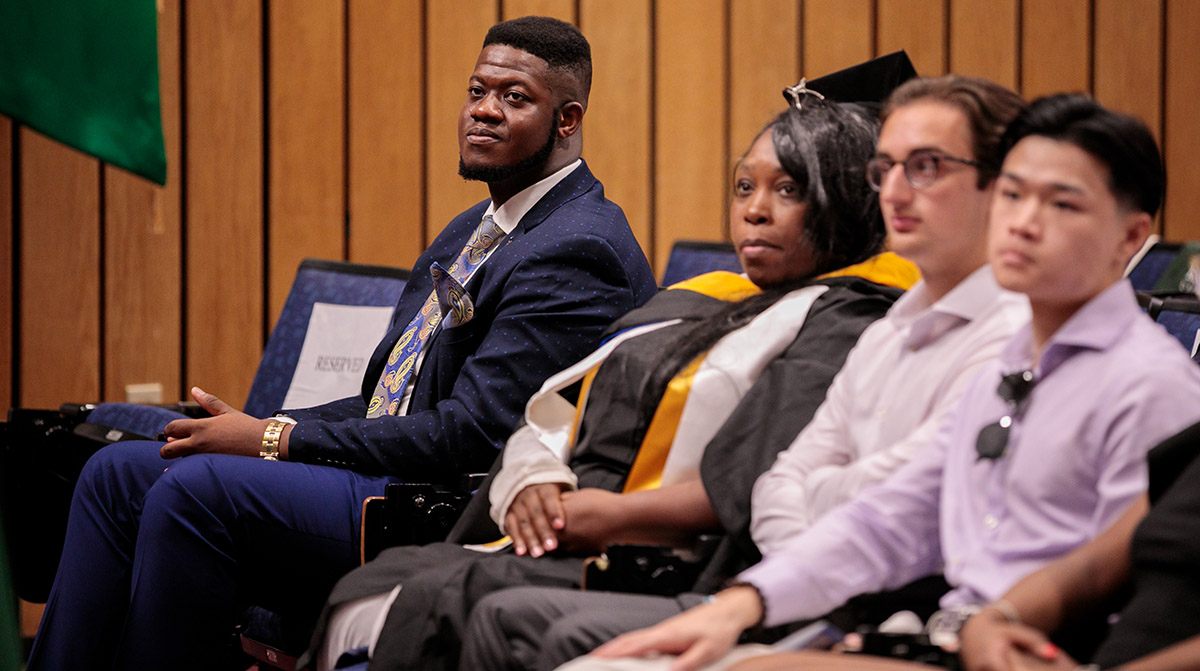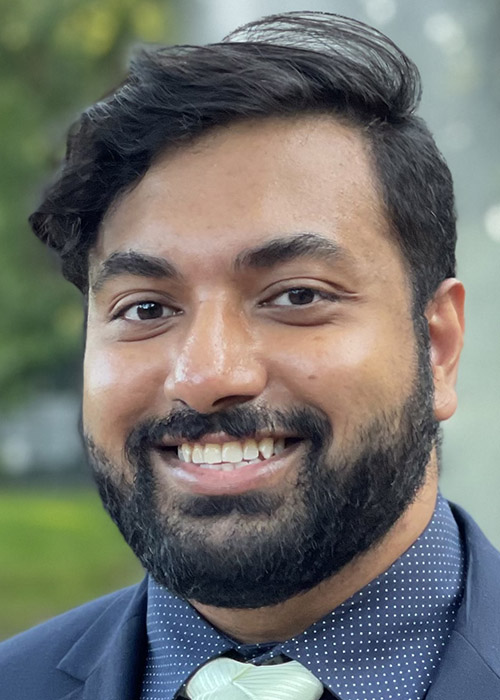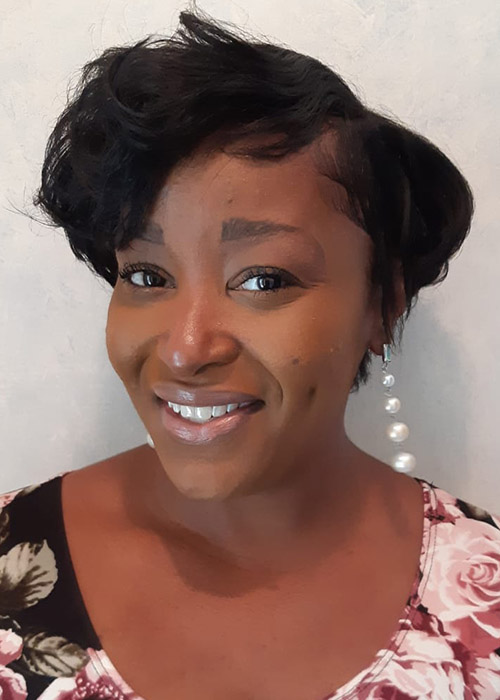Health systems master’s program celebrates 10 years
Classes apply industrial and systems engineering principles to improve healthcare

Binghamton University’s Executive Program in Health Systems, a one-year master’s degree offered in Manhattan or online that applies industrial and systems engineering principles to healthcare settings, recently celebrated 10 years of providing accessible graduate education.
The program, part of the Thomas J. Watson College of Engineering and Applied Science’s Department of Systems Science and Industrial Engineering, is open to all disciplines and prepares those with a bachelor’s degree with the skills to apply data-driven analytics to improve healthcare processes.
“We don’t just teach healthcare systems and process improvement — we practice it every day,” said SSIE Chair and SUNY Distinguished Professor Mohammad T. Khasawneh, one of the program’s founding directors. “Our department was amongst the first in the nation to incorporate health systems science and industrial and systems engineering tools and concepts into improving healthcare.”
As the director of the Watson Institute for Systems Excellence (WISE), Khasawneh has seen how ISE concepts have been integrated into healthcare thinking. He is proud about how the health systems program has raised the bar for diversity and inclusion of underrepresented student populations, especially for women in STEM.
“Health systems science — true systems thinking — was not part of the common dialogue even a few years ago,” he said. “Since we started this program, the President’s Council of Advisor on Science and Technology encouraged greater adoption of systems engineering tools to improve healthcare, and the American Medical Association named health systems science the ‘third pillar’ of medical education.
“The need we have been working to address is now well recognized, and our efforts to foster a truly inclusive environment have helped to make this critical training available to a very diverse array of students.”
Erica Lester, MS ’23, has brittle diabetes and unilateral hearing issues, but she has never let her challenges hold her back from pursuing her goals.
“This program gave me the ability to excel at a level I didn’t know I was able to,” said Lester, who will continue her studies in systems science through Binghamton University’s doctoral program. “Without the help of the professors, TAs and other faculty, I would not be nearly as prepared entering the workforce.”
She added: “I found immense support from Dr. Khasawneh, the faculty, staff and everyone in my cohort, and it was a great help. I was able to get the closed captioning I needed. If I had a challenge with a test, there was support.”
Lester believes another thing that set the program apart was the number of included workshops and hands-on learning opportunities within the program. Continuous improvement is a cornerstone of the program, and its evolution has led to the program’s content becoming more accessible online.
“It’s inspiring to see more women being comfortable in STEM and having more representation in STEM and the women in my cohort came from very, very different backgrounds to focus on this one cause,” Lester said. “It was great.”
Victoria Jeehoun, MS ’22, is and now completing medical school through the Saba University School of Medicine. Like a growing number of other students, she accessed the program’s content primarily online as part of a gap-year preparation for medical school.
“This program allowed me to improve my candidacy for medical school by improving my systems awareness and ability to impact higher-level change,” Jeehoun said. “Through the hybrid access, I could study with my classmates in real time, even though I was many miles away. This access was key to helping me complete my goals.”
Sadman Islam, MS ’18, also appreciates the access and opportunities available through the program.
“This program was everything I was looking for that I never knew existed when I was figuring out my path in healthcare,” he said. “It taught me to marry my analytical mind with my creative mind to engineer solutions for real-world healthcare problems. Since this program I’ve worked at Mount Sinai, Montefiore and Horizon Blue Cross Blue Shield, and now I’m at Boston Children’s Hospital. I’m so grateful for everything I’ve learned here.”
Valerie Tanis, MS ’14, was part of the first graduating cohort of the program and is still in touch with program personnel.
“The health systems program at Binghamton University allowed me to combine my passion for healthcare and technology,” she said. “I focused on the holistic view of healthcare to improve overall outcomes by increasing quality, targeting social determinants of health and minimizing readmission rates, especially for the underserved, chronically ill and most vulnerable populations.”
Since her graduation, Tanis has served as a program manager, scrum master, product owner, population health coach and senior project manager for various hospitals, physician-led practices and independent physician associations. In her current role as a senior healthcare consultant for Ernst & Young, she is tasked with transforming healthcare systems around the world utilizing agile methodologies, strategic optimization and sustainable lean principles.
“One of the biggest lessons was witnessing that the science behind the modules we learned in the program actually works,” she said. “It contributed to many successful targeted wins for the physicians I’ve worked with throughout New York City. Now I’m afforded the opportunity to bring those same principles to various health systems throughout the country.”
The first cohort of the health systems program that included Tanis had 54.8% female representation, but equity in gender representation is not the only unique feature of this program. The 12-month program provides knowledge and skills for modeling, analyzing and/or designing healthcare delivery systems and processes.
This fall’s cohort has an age range that spans the early 20s to the late 40s as well as a variety of educational backgrounds and experiences. Classes begin in August, but the program has rolling admissions.






